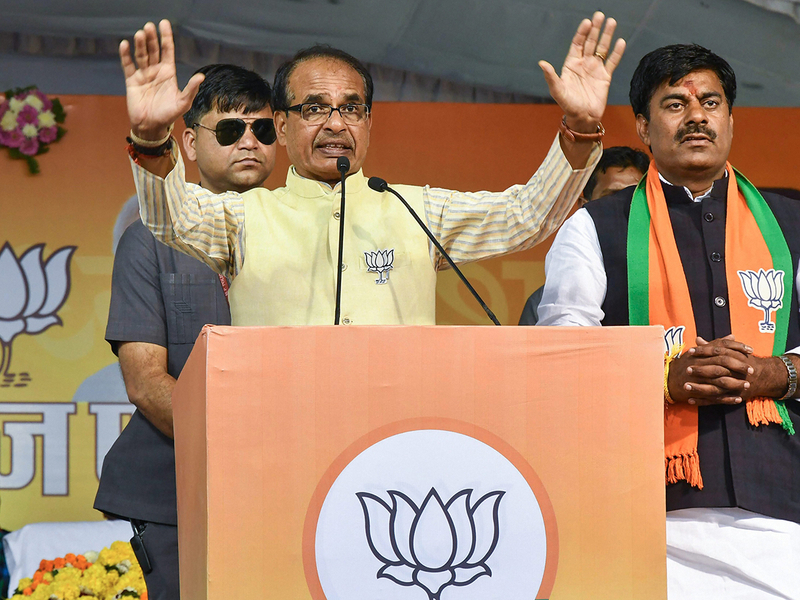In India, the BJP (Bharatiya Janata Party) did something very unusual last week. In a departure from its previous strategy, the party did not wait for assembly election dates to be announced first before declaring it’s candidates.
So for the all important state of Madhya Pradesh, the party announced as many as 39 candidates in seats where it believes it is vulnerable. The polls are due at the end of the year and the seats the BJP has declared are those that it lost in 2018 and even lost in the previous assembly in 2013.
Surprisingly, many of the candidates are those who have faced defeat earlier, while 12 of them are new faces. The party believes this will give their candidates ample time to campaign in the state where they are battling nearly 20 years of anti incumbency.
Read more
- Threads vs. X: A Promising start for Zuckerberg, but fading momentum
- Showdown in Indian Parliament: Modi’s scorched earth attack caps bitter No Confidence debate
- INDIA alliance partners anxious as Sharad Pawar's actions raise questions
- Turbulent times: UK faces strikes, shortages, and soaring inflation
BJP's voteshare
Except for a brief period of a year and some months when the Congress party’s Kamal Nath was the Chief Minister from December 2018 to March 2020, it is the BJP and mostly Shivraj Singh Chauhan who have ruled the Hindi heartland state.
They are acutely aware of how close the 2018 battle was and do not want to take any chances this time. A snap opinion poll conducted by ABP News and CVoter on this early candidate list showed that most BJP supporters (63%) believed that announcing candidates early was the right move, though this fell to 43.9% amongst those who are neither active BJP nor Congress supporters. Clearly, the move to declare candidates early has boosted the morale of state leaders.
The worry for the BJP lies not just in battling anti incumbency but also a vote share that has been unstable in the state. ‘The Indian Express’ newspaper did an analysis of the numbers a few days ago, pointing out that while the BJP’s voteshare in Madhya Pradesh has steadily climbed in the Lok Sabha since 1984, in the assembly it has fluctuated.

The news report points out that the BJP’s best performance was in 1990, where it had a vote share of 46.5%. By 2018, this vote share was at 41.33%. In 2013, it was around 45%.
Neck and neck fight
A Cvoter survey done in June has predicted a neck and neck fight again between the Congress and BJP in Madhya Pradesh. Many intriguing factors are at play this time. For one, what is the future of four time Chief Minister and BJP leader Shivraj Singh Chouhan, who also happens to be the longest serving BJP Chief Minister?
Home Minister and senior BJP leader Amit Shah did not answer a question earlier this week on whether Mr. Chouhan would continue as Chief Minister if the BJP won the elections, essentially confirming that the party was not keen to project him as the face of the campaign, worried that people are fatigued with him.
It has also been clear for some time now that Delhi was calling the shots on poll strategy in the state. The party knows the only reason it has a government in Madhya Pradesh at the moment is because the Congress’ Jyotiraditya Scindia brought down his own government and jumped ship to the BJP in 2020 with a group of 22 MLAs.
However, all is not well as tensions have mounted within the state BJP between those close to Scindia and old timers in the party, As many as 3 leaders from Scindia’s camp have gone back to the Congress in recent months. The latest was Madhya Pradesh MLA Samandar Patel who led a 1200 car convoy as a show of strength as he returned to Congress and accused the BJP of “suffocation”.
As the assembly polls near, the BJP is pulling out all the stops but Madhya Pradesh poses many challenges- fatigue, anti-incumbency and infighting.
With only 6 months between state elections and the general election, the battle for these states could be the first big step in winning the bigger war.









